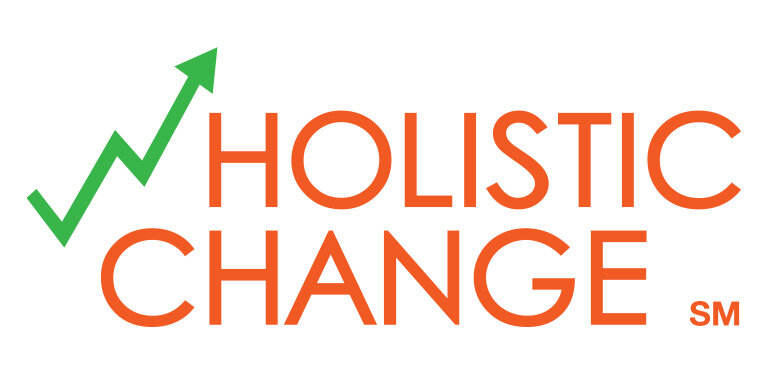From everything I read, "innovation" is the corporate buzzword of 2013. Since "creativity" and "innovation" seem to be used almost interchangeably, I like how Leigh Thompson differentiates between them in her book, "Creative Conspiracy: The New Rules of Breakthrough Innovation:"
Creativity: Production of novel (and useful) ideas; also known as “ideation”Innovation: The realization of actual ideas in the form of products, services, etc.; also known as “implementation”
What can companies do to ensure that the creative ideas generated by their employees actually become products and services that customers can buy? Your company's culture influences whether and how people contribute.In our book, "wHolistic Change: Delivering Corporate Change That Lasts," we emphasize that culture--whether it is open and everybody's thoughts are welcomed, or it is cautious and only vetted and approved ideas should be made public--impacts your communication plan and continuous improvement process. However, one thing we did not specifically address is handling a culture of blame.As per usual, some of wHolistic Change℠'s favorite thought leaders, Ken Blanchard and Scott Blanchard, cover this in the Fast Company article, "To Encourage Innovation, Eradicate Blame:"
There is a big difference between identifying the cause of a negative outcome and looking for someone to blame it on. Identifying the cause of a negative outcome is productive. You can use that information to avoid the situation in the future and also help people take responsibility for fixing it and moving on.Finding fault and assigning blame, on the other hand, creates a situation where people become stuck and paralyzed. It’s a negative approach that assumes neglect or malfeasance that requires punishment. This type of attitude produces a risk-averse organization where people play it safe instead of stepping out and trying new ideas.
If your organization truly desires to become more innovative, it will require taking a hard look at whether your corporate culture is conducive to both creativity and innovation. If not, perhaps your first brainstorming session should make the case for changing your culture to a more positive and forgiving approach to taking risks and trying new things.

